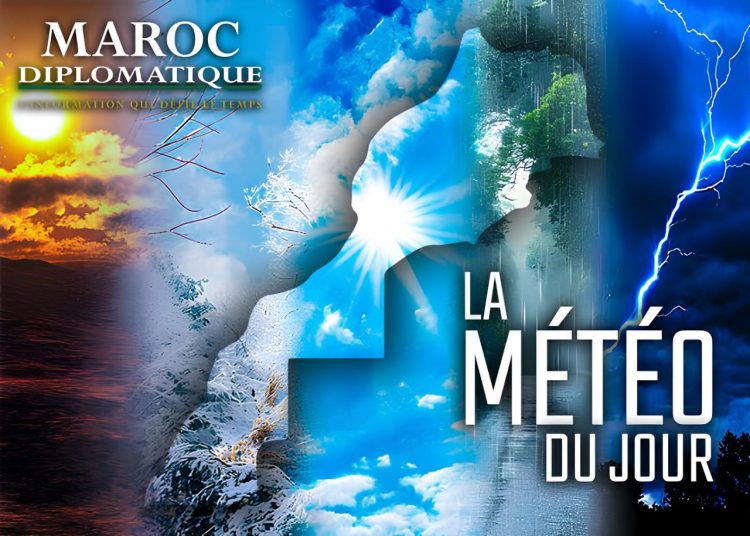Amnesty International, ever quick to wield the pen of global justice, took out its inkwell to paint an unflattering portrait of Algeria in its annual human rights report. Freedoms, it seems, are a little too strictly regulated, the media and activists are in an old-fashioned shirt, and the laws seem to be dancing a choreography that some would consider to be from another era.
Nevertheless, Amnesty International’s report, whose pen is often dipped in the indelible ink of a disturbing truth, paints a very harsh picture of human rights in Algeria. Between shutting down the media and disbanding human rights associations, Algeria’s senile capos regime is portrayed as a rigorous conductor who, despite international appeals, leads the division of public liberties with an iron fist, suppressing the tunes of freedom of speech and peaceful assembly.
Amnesty’s recommendations are like cries in the wilderness, calls for changes to the law that fall on deaf ears among those who hold the levers of power. The state, having rejected proposals to amend repressive laws, appears to be playing a lonely role, disagreeing with the harmony of fundamental rights advocated by the United Nations.
On the international stage, Algeria’s image is that of a lonely actor, recalling its French ambassador not because of the play, but because of the escape of the activist, an episode that highlights the country’s sensitivity to criticism, especially when it comes to the international scene.
With a touch of irony, in Amnesty’s story one could almost see the overtones of the Greek tragedy: the Algerian government in the role of an inflexible sovereign, activists and journalists as stubborn heroes of freedom of expression. And what about the closure of the media and associations, which sounds like an unusual turn of the theater, but always disappointing for an international audience.
In this bleak landscape, activism seems to navigate the interstices of a system that does not hesitate to silence its most dissonant voices, even if it means drawing the ire of global organizations and civil society choruses. The political arena then becomes a theater of shadows where civil society protagonists struggle to keep the spotlight on issues that might otherwise remain in the dark.
The report mentions migration policies with figures that make the most solid statistics pale, and church closings that add a little more gloom to the picture. When it comes to women’s rights, Algeria appears to have taken a page from the book of ancient times, with laws considered discriminatory by human rights groups, although some steps have been taken to combat human trafficking.
Amnesty’s recommendations are like cries in the wilderness, calls for changes to the law that fall on deaf ears among those who hold the levers of power. The state, having rejected proposals to amend repressive laws, appears to be playing a lonely role, disagreeing with the harmony of fundamental rights advocated by the United Nations.
On the international stage, Algeria’s image is that of a lonely actor, recalling its French ambassador not because of the play, but because of the escape of the activist, an episode that highlights the country’s sensitivity to criticism, especially when it comes to the international scene.
In the background, repression of dissent remains a leitmotif, with activists, journalists and even filmmakers caught in the web of a justice system that seems more concerned with protecting the established order than individual rights. The issue of religious freedom has not been spared, as church closures add an extra layer of varnish to a landscape that is already well-varnished by restrictions.
Regarding the rights of women, migrants and other marginalized people, the report paints a mosaic of situations where progress is timid and often overshadowed by challenges yet to be faced. The new human trafficking law appears to be a beacon in the night, although the number of reported femicides is a cruel reminder that the light is still not reaching every corner of society.
In short, Amnesty International, in a spirit that could almost be described as romantic, still hopes for the awakening of conscience and the spring of human rights in Algeria. But for now, the report suggests that the wake-up call is pretty stark and that spring is a little too far away.



